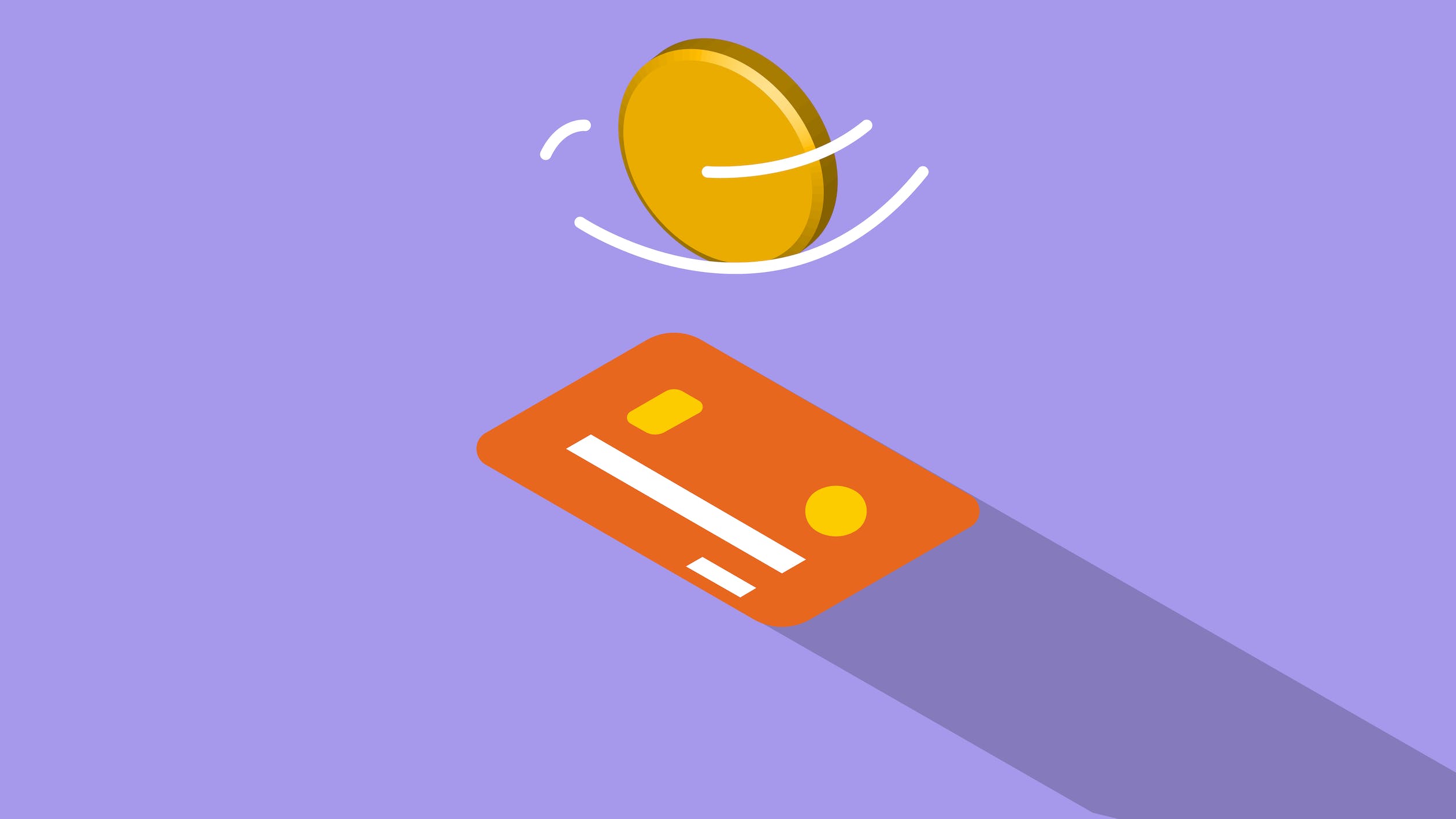Are you tired of feeling overwhelmed by your debt? Do you struggle to stick to a budget while trying to tackle those outstanding balances? Managing debt can be a daunting task, but with the right strategies and mindset, it’s possible to achieve financial freedom. In this blog post, we’ll explore some practical tips for managing debt while sticking to your budget. Whether you’re just starting on your journey or have been working towards becoming debt-free for a while now, these strategies will help set you up for success. So buckle up and let’s dive in!
Introduction: Why Managing Debt is Important
Debt is a major financial burden for many Americans. In fact, the average American household owes about $15,000 in debt, not including mortgage debt. That’s why it’s so important to learn how to manage your debt effectively.
There are a number of reasons why managing debt is important. First and foremost, it can help you save money. When you’re able to keep your debts under control, you’ll avoid expensive late fees and interest charges. Additionally, you’ll be able to free up more of your income each month to put towards other financial goals, like saving for retirement or building an emergency fund.
Second, managing debt can help improve your credit score. Your payment history is one of the most important factors in determining your credit score, so by making on-time payments and keeping your balances low, you can give your score a boost. This is important because a good credit score can save you money in the form of lower interest rates on loans and lines of credit.
Finally, managing debt can help reduce stress and anxiety levels. Money troubles are one of the leading sources of stress for Americans, so by getting your debts under control, you can start feeling better both mentally and physically.
If you’re struggling with debt, know that you’re not alone. But also know that there are steps you can take to get back on track financially. Use the strategies outlined in this article to start managing your debt more effectively today!
Budgeting Strategies for Managing Debt
If you’re in debt, you’re not alone. In fact, according to a report from the Pew Charitable Trusts, more than one in four American households carry some kind of debt.
The first step to getting out of debt is to create a budget. This will help you see where your money is going and where you can cut back. Once you have a budget, there are a few different strategies you can use to pay off your debt.
One option is to focus on paying off the debt with the highest interest rate first. This will save you money in the long run because you’ll be paying less interest overall.
Another strategy is to focus on paying off smaller debts first. This can help motivate you to keep going because you’ll see progress being made each time a debt is paid off.
Whichever strategy you choose, make sure you stick to it. It may take some time, but if you’re diligent about making payments, you’ll be out of debt before you know it!
Short and Long Term Goals for Paying Off Your Debt
If you’re in debt, you’re not alone. In fact, according to a report from the Federal Reserve, the average American household has $15,310 in credit card debt. If you’re looking to get out of debt, there are a few things you can do.
First, make a list of all of your debts and their interest rates. Then, prioritize your debts from highest interest rate to lowest. Your goal should be to pay off your high-interest debt first while still making minimum payments on your other debts.
You may also want to consider transferring your balances to a lower interest rate credit card or taking out a personal loan with a lower interest rate to pay off your debt faster.
Once you have a plan to pay off your debt, stick to it! Make sure you’re budgeting for your monthly payments and not adding any additional debt. It may take some time and effort, but getting out of debt is possible with some discipline and planning.
Establishing an Emergency Fund
One of the best things you can do for your financial wellbeing is to establish an emergency fund. Having a savings cushion to cover unexpected expenses can help you avoid going into debt or defaulting on your loans.
There are a few different approaches you can take when it comes to saving for emergencies. One popular method is the 50/30/20 rule, which suggests that you save 20 percent of your income, use 50 percent for necessities, and 30 percent for discretionary spending.
If you’re struggling to save even 20 percent of your income, don’t despair. There are other ways to approach establishing an emergency fund. One strategy is to break down your goal into smaller, more manageable pieces. For example, if you want to save $1,000 over the course of a year, that’s only $83 per month. You can also start with a smaller goal, like $500, and then increase the amount you’re saving each month as you become more comfortable with the process.
Saving for an emergency fund doesn’t have to be difficult or painful. By taking small steps and being mindful of your spending, you can make it happen.
Tips for Sticking to Your Budget
If you’re trying to stick to a budget, it can be difficult to know where to start. Here are a few tips that can help you succeed:
1. Know your spending patterns. Track where you spend your money for a month so you can see where your money goes. This will help you identify areas where you can cut back.
2. Make a realistic budget. Don’t try to cut back too much at once or you’ll quickly get discouraged. Start with small changes and increase your savings over time.
3. Automate your savings. Set up automatic transfers from your checking account to your savings account so you’re less likely to spend the money.
4. Pay yourself first. Make sure you’re putting money into savings before you pay any other bills. This way, you’re less likely to dip into your savings when unexpected expenses come up.
5. Have a plan for unexpected expenses. Put some extra money into savings each month so you have a cushion for unexpected costs like car repairs or medical bills
Should You Consider Consolidating Your Debt?
There are several reasons why you might want to consider consolidating your debt. Maybe you’re having trouble making your monthly payments, or you’re worried about being able to keep up with them in the future. Perhaps you’re also paying a lot in interest and fees, and consolidating your debt could help you save money in the long run.
Whatever your reason for considering debt consolidation, it’s important to make sure that it’s the right decision for you. There are both advantages and disadvantages to consolidating your debt, so be sure to weigh them carefully before making a decision.
If you’re struggling with your monthly payments, consolidating your debt could help simplify things by giving you just one payment to worry about each month. This can make it easier to stay on top of things and avoid falling behind.
Consolidating your debt can also help reduce the amount of interest and fees you’re paying. When you have multiple debts, each with its own interest rate and terms, it can be difficult to keep track of everything and easy to miss a payment or two. By consolidating all of your debts into one loan with a lower interest rate, you’ll save money over time.
However, there are some potential drawbacks to consolidation as well. For one thing, it can extend the length of time it takes to pay off your debt, which means you’ll end up paying more in interest overall. Additionally, if you consolidate your debts into one loan but continue to.
Alternatives to Traditional Credit Cards
If you’re looking to get out of debt, or simply want to better manage your finances, there are a few alternatives to traditional credit cards that can help you stay on budget.
Debit cards: Debit cards are linked directly to your checking account, so you can only spend what you have. This can be a great way to stick to a budget, as you won’t be tempted to overspend. Just be sure to keep track of your balance and transactions so you don’t overdraft.
Prepaid cards: Prepaid cards work like debit cards in that you load them with money before you use them. However, they are not linked to a checking account and can sometimes come with fees. Still, they can be a helpful tool for managing your finances if used wisely.
Cash: Using cash instead of plastic can help you stay mindful of your spending. When it’s gone, it’s gone—so you won’t be tempted to overspend. The downside is that it can be easy to lose track of how much cash you have on hand.
Budgeting apps: There are plenty of budgeting apps available that can help you track your spending and stay on top of your finances. Some even offer features like goal-setting and bill pay. Do some research to find the app that best fits your needs
The Pros and Cons of Debt Repayment Programs
Debt repayment programs can be a helpful tool for managing debt, but there are also some potential drawbacks to consider. On the plus side, these programs can help you stay organized and on track with your payments, and can provide some relief from interest and late fees. They can also help you build up your credit score over time. However, there are some downsides to consider as well. For one thing, you may have to pay a monthly fee for the program, which can add up over time. Additionally, if you miss a payment or make a late payment, you may be subject to additional fees or penalties. Finally, if you decide to cancel the program early, you may be required to pay back all of the money that you have saved in the program plus any additional fees.
Conclusion
Managing debt can be an intimidating process, but with the right strategies and a well-thought-out budget in place, you can make progress towards ridding yourself of debt. The key is to stay focused on your goals and stick to your budget as much as possible. Be sure to track all income and expenses related to paying off debt so that you have a better understanding of where your money is going. With some patience and persistence, you can reach financial freedom while still living within your means!










